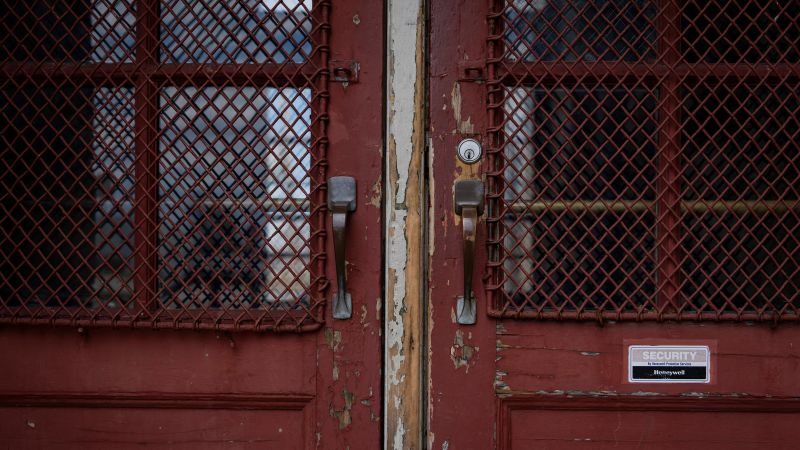Milwaukee's Lead Crisis: Repairing Schools and Rebuilding Community Trust

A City Grappling with Lead Exposure
Milwaukee, Wisconsin, faces a persistent and deeply concerning challenge: widespread lead contamination. The issue isn't limited to residential areas; it's significantly impacting the city's schools, putting the health of children at serious risk. As workers recently set up blood lead testing stations in the cafeteria of North Division High School, a palpable sense of frustration and determination filled the air, fueled by concerned parents and community activists.
The Urgent Need for Action
The scene outside the high school's main entrance spoke volumes. Hand-made signs, bearing messages like “Milwaukee: Lead-Free Future Now,” underscored the community's demand for immediate and effective action. Years of neglect and deferred maintenance have left many school buildings with aging infrastructure, including lead-based paint and plumbing – both significant sources of lead exposure.
Testing and Concerns
The blood lead testing initiative, while a crucial step, represents just one facet of a much larger problem. Lead exposure, even at low levels, can have devastating and irreversible effects on children's cognitive development, learning abilities, and overall health. The presence of lead in school water fountains and paint chips creates a constant risk, demanding a comprehensive and proactive response.
Beyond Testing: A Call for Accountability
Parents and activists aren't simply seeking testing; they're demanding accountability from city officials and school administrators. They want to see tangible improvements to school facilities, including the complete removal of lead-based materials and the implementation of rigorous water quality monitoring systems. The lack of transparency and perceived inaction from authorities have eroded public trust, further complicating the situation.
The Long Road to Recovery
Addressing Milwaukee's lead crisis is a complex and long-term undertaking. It requires significant financial investment, meticulous planning, and a genuine commitment to prioritizing the health and well-being of the city's children. Simply testing for lead isn't enough; it's a starting point. A comprehensive strategy must include proactive remediation efforts, enhanced community engagement, and ongoing monitoring to ensure lasting change.
Rebuilding Trust – A Priority
Perhaps even more critical than the physical repairs is the need to rebuild trust between the community, the school district, and city government. Open communication, transparency in decision-making, and a willingness to listen to and address community concerns are essential for fostering a collaborative environment that can effectively tackle this challenge. The future of Milwaukee’s children depends on it.





:max_bytes(150000):strip_icc():focal(715x252:717x254)/bindi-irwin-051025-tout-671e73f37f6242f0ab7faf1dbd0f67a0.jpg)
